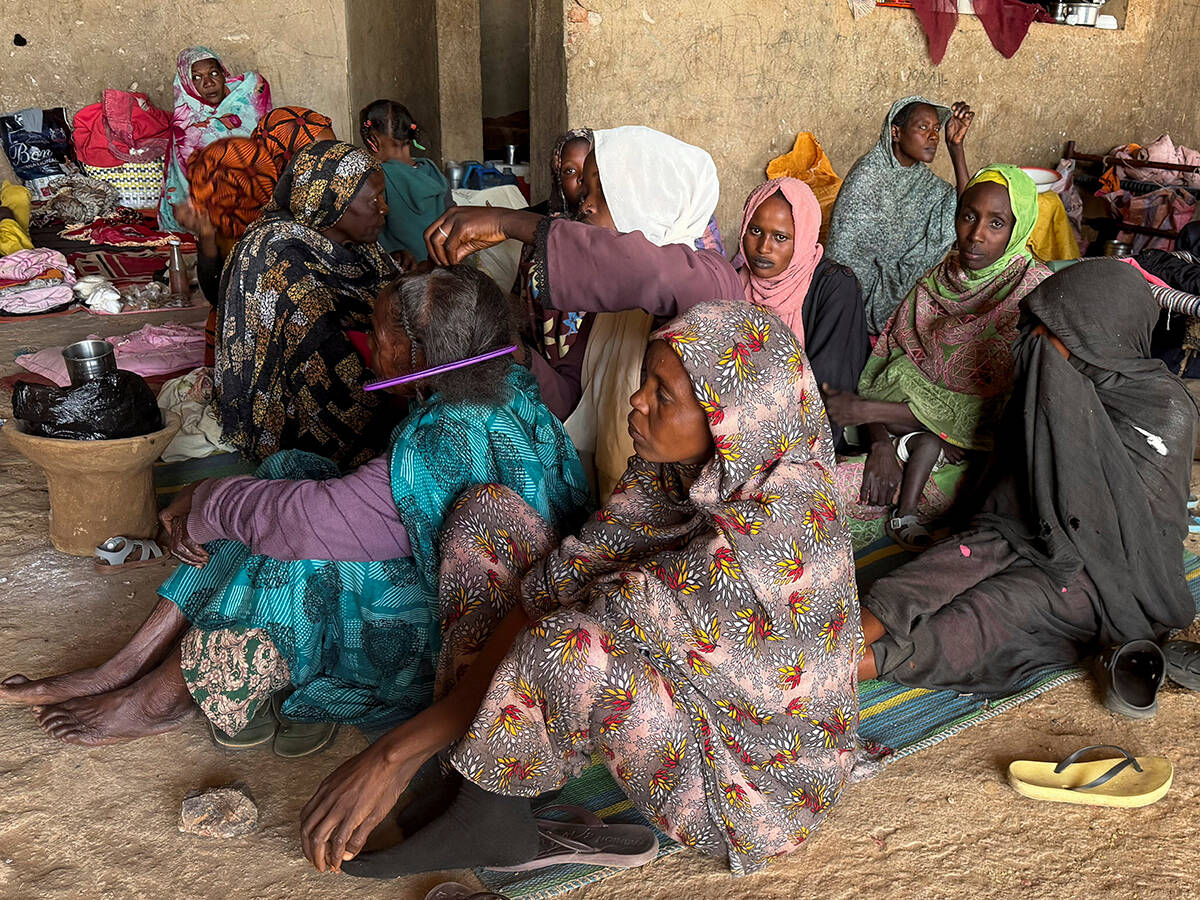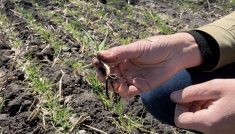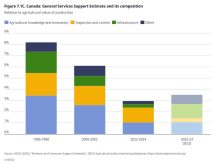The Integrated Crop Agronomy Cluster will receive more than $7.6 million for its second phase.
Funding, which comes from sources including the Western Grains Research Foundation, the Sustainable Canadian Agriculture Partnership and industry partners, will cover a five-year period between April 2023 and March 2028.
Why it matters: Projects will tackle everyday agronomic problems faced by farmers, as well as broader topics like climate change resilience.
Read Also

Global humanitarian aid slashed by one-third
Humanitarian aid around the world was cut by a third in 2025 and Canada is one of the culprits.
It will see work on seven projects in keeping with the priorities of SCAP, though foundation executive director Wayne Thompson said that “three of those seven are kind of on the administration side.”
“There’s four that are being led by [AAFC],” Thompson said, noting those studies are continuations of the first round of the cluster, which ran from 2018 to 2023.
Two of those studies focus on nitrogen management and soil moisture conditions and look at the impact of different rotations. Another will look at “adapting western Canadian cropping systems for the changing environment.”
Thompson said the second phase of the cluster will have a similar focus to the first, but with slightly different priorities.
“The second Integrated Crop Agronomy Cluster is still focused on crop rotations and nutrient management,” he said. “In this case, we are looking specifically at more weed management, forecasting, monitoring.”
Unlike the first cluster, he said, the research will not study disease or insects.
Past endeavours aimed to directly inform producers. During the first phase, for example, factsheets and presentations were prepared to keep farmers and agronomists abreast of new information.
Second round
Thompson said he felt encouraged by financial support and public interest in the initiative.
“We’re happy to be continuing the Integrated Crop Agronomy Cluster for a second round because it does show that there’s a lot of interest from farmers and funders to continue the research that is fairly unique to the Integrated Crop Agronomy Cluster,” he said.
Federal agriculture minister Lawrence MacAulay also commended the work of the cluster In an Aug. 21 press release.
“Agronomic practices that support resilient and profitable crop production are vital to our sector and to Canada’s economy,” MacAulay said.
“This important research that will be done across the country through this cluster will help to give farmers better solutions to the agronomic challenges they face, while improving profitability and incorporating climate-friendly practices to keep the sector well-positioned for the future.”


















